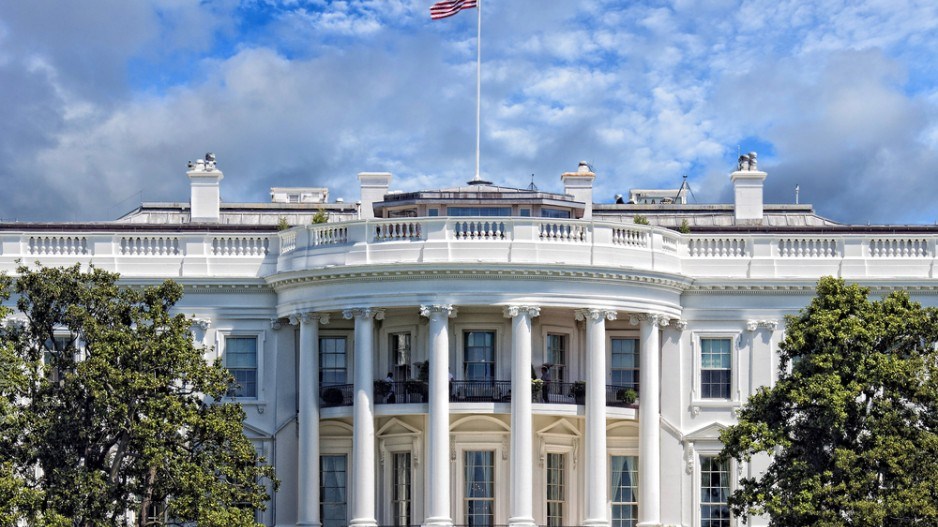Since I have not and have never been an American, and due to circumstances within my control have not set foot in the United States in this century, I’m unable to explain why I am immensely moved by Kate Smith – a sunny and large lady with a wineglass-shattering voice – singing “God Bless America” on a 33-1/3 record of Irving Berlin’s greatest compositions.
I am of a generation that mostly admired the U.S., partly because it offered Sunday movies across the border in Buffalo when pince-nez Ontario was open only to God on the Sabbath. The U.S. had recently prosecuted, if not single-handedly won – can you doubt Hollywood? – what some call the last just war in history. Kate Smith had petitioned God to “stand beside her, and guide her,” and the Deity evidently listened. For decades the U.S. was a clichéd beacon of freedom, fair play and the rule of law.
A recent article and editorial – leader, as the English call it – in the influential London magazine The Economist, titled “The criminalisation (British spelling) of American business,” challenged that fading image.
“Who runs the world’s most lucrative shakedown operation?” asked The Economist. Not the Mafia or the Kremlin kleptocracy – the U.S. regulatory system.
Its modus operandi:
“Find a large company that may (or may not) have done something wrong; threaten its managers with commercial ruin, preferably with criminal charges; force them to use their shareholders’ money to pay an enormous fine to drop the charges in a secret settlement (so nobody can check the details). Then repeat with another large company.”
Could it be that in Canada – with three main political parties anxious to out-left each other on many issues – beating up capitalists, if it’s happening, is popularly held to be one thing Americans have got right?
The Economist’s examples of state bullying include BP’s $13 billion settlement for its Gulf of Mexico oil spill, and the $50 billion paid by banks for allegedly misleading investors over mortgage-backed bonds, the burst bubble that shook world business in 2008-10 (which free-market economists like Simon Fraser University emeritus professor Herbert Grubel blames on the U.S. government and the Federal Reserve Board).
In international disputes the U.S. legal system looks after its own, as B.C.’s forestry industry can attest.
So can BC Hydro, which got a severe bruising by Americans last year. It threw in the legal towel for $750 million, rather than trust courts and regulators in the land that God stands beside, in a bitter dispute with California, which claimed that Hydro subsidiary Powerex had ripped off the state, happily selling it overpriced power during its major electrical crisis in 2000-01. (What, Canada, the world’s Boy Scout, would perpetrate such a dastardly deed? Forsooth.)
I asked several sources: What’s Canada’s record in such matters? Big question, short time to deadline, some begging off as not experts and suggesting other authorities. Widely experienced business professor Steven Globerman – a Canadian – at Western Washington University did muse: “There is always some ongoing activity [in Canada] related to misleading advertising and such, but nothing like, for example, the settlement with banks for mortgage fraud, etc., that is happening in the U.S.
“Then again, there was no big mortgage default problem in Canada.”
I wonder if the case of SNC-Lavalin and its former executive vice-president, Riadh Ben Aissa, now trundling through Swiss and Canadian courts, will reveal any analogy at all with U.S. practices and penalties.
Unfortunately Kate Smith, having died in 1986 after inspiring the Philadelphia Flyers to many victories with her stirring song, is unavailable for comment. •
Trevor Lautens writes every second Tuesday in Business in Vancouver.




